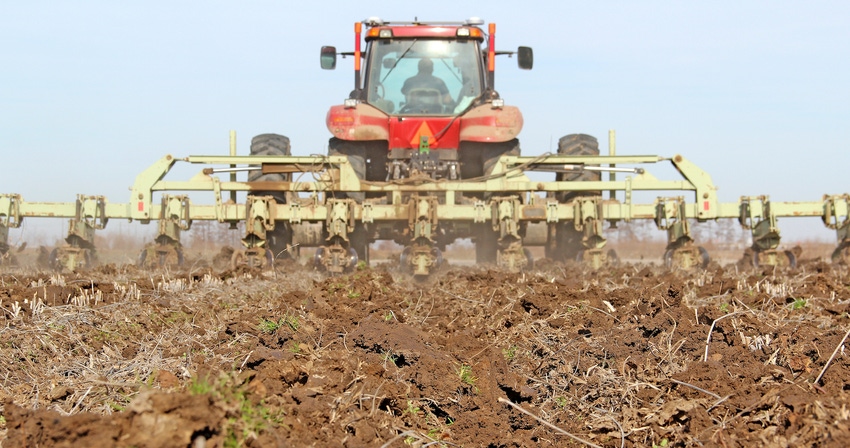
Gerry House was the host of a country music radio show that was a Nashville-area favorite for many years. I was a big fan and listened daily for a good laugh on the way to school.
You tuned in to House for the humor, but he would offer some wisdom, too. And, in fact, of all the church sermons and university lectures I’ve sat through in my life, it was this country music DJ who shared one of the most profound truths I’ve ever heard (and he even delivered it without the three chords.)
House theorized that if you drill down to the very core cause of human unhappiness, it’s not love, money or the lack of each. The source is more basic than that. In the words of House, the thing that causes the most grief in the world is “somebody’s getting something I ain’t getting.”
Makes sense, doesn’t it? Resentment builds between friends because one has a better house/car/job … somebody’s getting something I ain’t getting. You’re not receiving a fair shake at work … somebody’s getting something I ain’t getting. Your significant other leaves you for someone else … somebody’s getting something I ain’t getting.
I can’t help but think of this bit of countrified insight when listening to the debate on additionality in carbon credit payments to farmers. Since the goal of carbon credits is to reduce climate impacts, not maintain the status quo, most contracts have a new practice requirement. It’s often referred to as additionality, which means the activity would not have been done if the buyer didn’t ask for it.
In other words, if you’ve already planted cover crops, that’s not additional. But if you are considering doing cover crops and would use the carbon credit money to do it, that qualifies.
That point has caused heartburn for many producers who have incorporated climate-smart practices on their operations for years but now may not be eligible to receive compensation for those efforts. Meanwhile, it seems those who show up late to the conservation game could get rewarded. Somebody’s getting something I ain’t getting.
I guess I can see both sides. The point of carbon credits is to incentivize farmers to go above and beyond their current practices. But it does seem extremely unfair that those on the leading edge of conservation get nothing for years of effort. Carbon capture is based on the premise of capturing and storing carbon. At the very least, these early adopters should be compensated for the carbon they are continuing to store.
In talking with producers, the only thing additionality seems to be incentivizing is for early adopters to “take a break” from conservation practices.
For all the complexities of the many carbon market programs, it looks like widespread adoption could be thwarted by a simple truth of human nature.
About the Author(s)
You May Also Like






